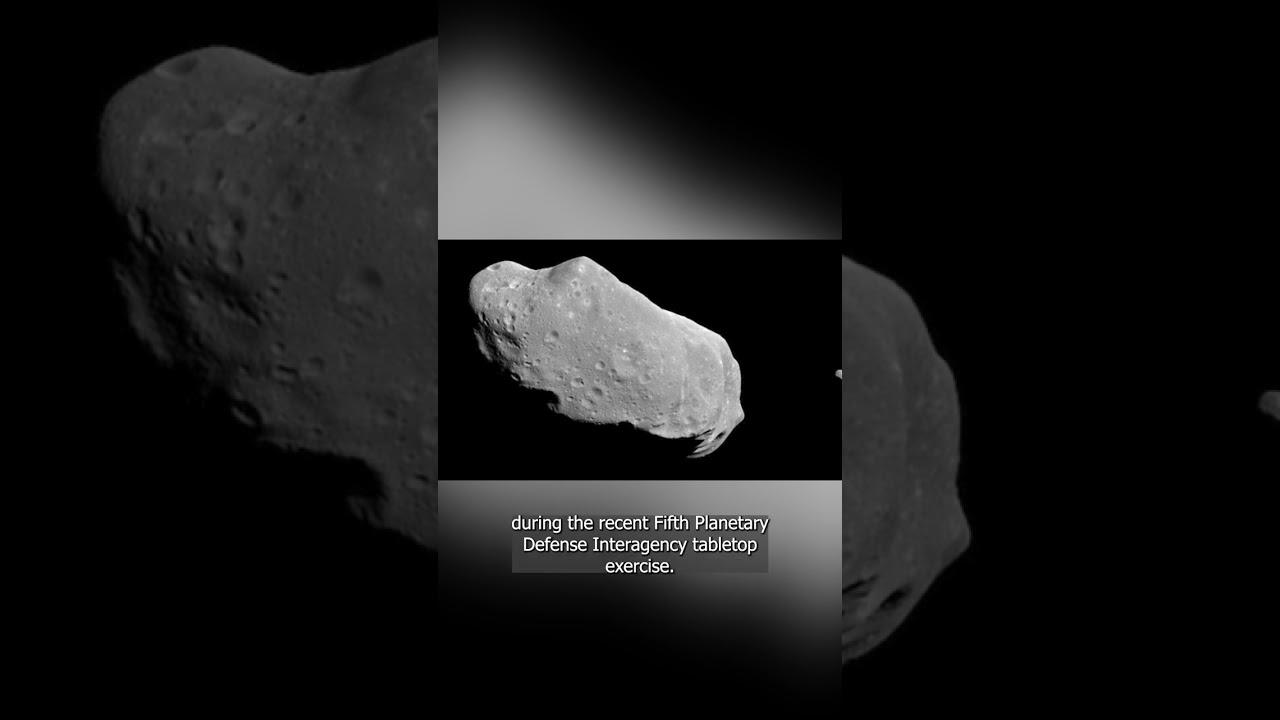NASA, the United States’ leading space agency, recently conducted a simulation of a terrifying scenario where an elusive asteroid is discovered hurtling towards Earth. The exercise, known as the “tabletop exercise,” was part of a series of drills designed to prepare NASA and other international agencies for potential asteroid impacts in the future.
The premise of the drill was that an asteroid, initially undetected due to its small size and fast approach, was discovered just six months before it was set to collide with Earth. The simulated scenario left experts with only a limited amount of time to come up with a plan to deflect or destroy the asteroid before it could cause catastrophic damage.
The exercise tested NASA’s ability to track the asteroid, predict its trajectory, and develop a plan of action to address the threat. Participants in the drill included asteroid experts, scientists, engineers, and members of the space agency’s planetary defense team.
One of the key challenges highlighted in the simulation was the difficulty of accurately predicting the asteroid’s path and determining the best course of action to deflect or destroy it. The exercise also underscored the importance of international cooperation in addressing potential asteroid impacts, as the threat posed by such an event would be global in nature.
While the scenario was purely hypothetical, it served as a stark reminder of the very real threat that asteroids pose to Earth. The Earth has been hit by asteroids in the past, and it is only a matter of time before another potentially hazardous asteroid makes its way towards our planet.
NASA is actively working to develop new technologies and strategies to detect and mitigate the threat of near-Earth objects. The agency’s planetary defense team is continuously monitoring the skies for potentially hazardous asteroids and working on ways to better understand and respond to such threats.
The recent drill serves as a sobering reminder of the importance of planetary defense efforts and the need for continued vigilance in monitoring near-Earth objects. While the chances of a catastrophic asteroid impact are relatively low, the potential consequences are grave, making it essential for agencies like NASA to be prepared for any eventuality.
In the face of such a threat, it is heartening to see the dedication and expertise of the professionals at NASA who are working tirelessly to protect our planet from potential asteroid impacts. Their efforts give us hope that should such a scenario ever become a reality, we will be ready to meet the challenge head-on and ensure the safety and well-being of our planet and its inhabitants.

